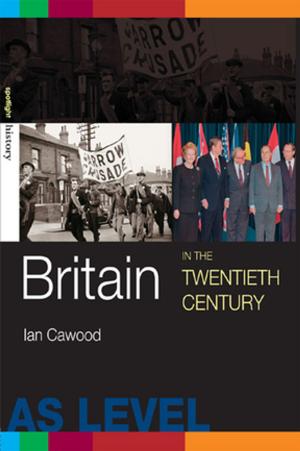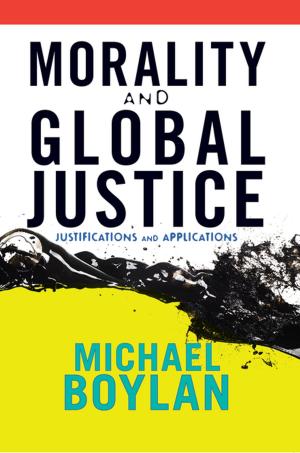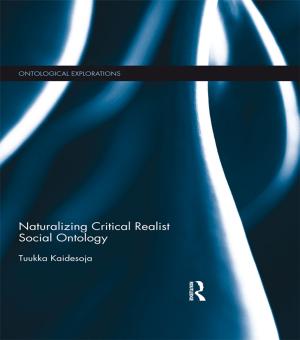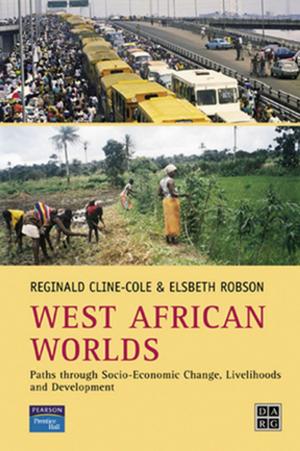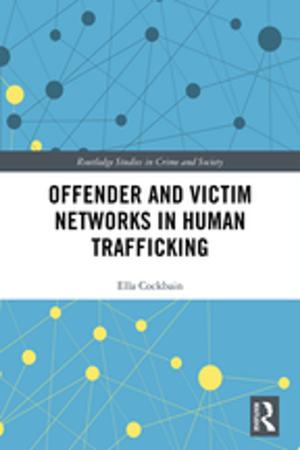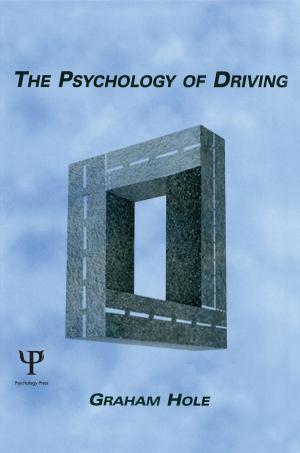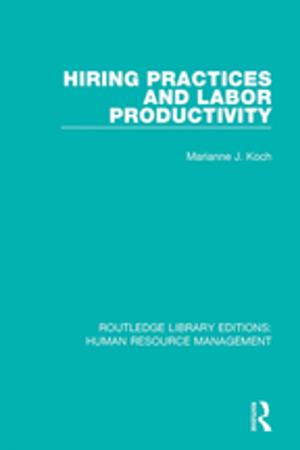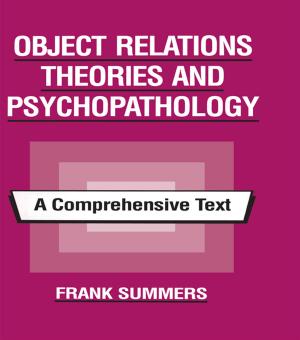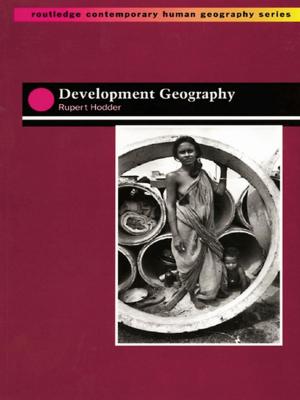Principles Of Abilities And Human Learning
Nonfiction, Health & Well Being, Psychology, Cognitive Psychology| Author: | Michael J.A. Howe | ISBN: | 9781135471811 |
| Publisher: | Taylor and Francis | Publication: | October 2, 2012 |
| Imprint: | Psychology Press | Language: | English |
| Author: | Michael J.A. Howe |
| ISBN: | 9781135471811 |
| Publisher: | Taylor and Francis |
| Publication: | October 2, 2012 |
| Imprint: | Psychology Press |
| Language: | English |
This book is about human abilities and the ways in which people acquire and extend them. It contains many useful facts about people's learning and the mental processes that make it possible. Chapter one looks at the kinds of events that create learning, and identifies some important general principles of human learning. Chapter two examines the capabilities that children gain in their early years. They acquire a number of basic capacities that they can draw upon throughout life. These include language, reading, and numerical abilities. The acceleration of early abilities is also considered. Chapter three raises a number of intriguing questions about abilities. What exactly are they? What are their most important charactersitics? How can different capabilities and items of knowledge become joined to one another? The answers are surprisingly different from what common sense predicts.; Chapter four Considers The Important Contributions Of Motivation. A Person Has To Have good reasons for engaging in learning activities. Motivation supplies incentives for doing whatever is necessary in order to make learning happen. Chapter five investigates more advanced attainments. It looks at the effects of practising and other ways in which individuals extend their expertise. The use of memory aids and learning techniques is examined. Other topics include the influence of intelligence, creativity, the possible roles of innate gifts and talents, and child prodigies and geniuses. The best way to apply discoveries concerning learning and the acquisition of abilities is to use them for our own daily activities. Chapter six addresses the question of how to learn and study more effectively. It introduces ways of reading more effectively, and gives advice on improving writing skills and studying for exams. The aim here is to help the reader to succeed better at gaining needed capabilities.
This book is about human abilities and the ways in which people acquire and extend them. It contains many useful facts about people's learning and the mental processes that make it possible. Chapter one looks at the kinds of events that create learning, and identifies some important general principles of human learning. Chapter two examines the capabilities that children gain in their early years. They acquire a number of basic capacities that they can draw upon throughout life. These include language, reading, and numerical abilities. The acceleration of early abilities is also considered. Chapter three raises a number of intriguing questions about abilities. What exactly are they? What are their most important charactersitics? How can different capabilities and items of knowledge become joined to one another? The answers are surprisingly different from what common sense predicts.; Chapter four Considers The Important Contributions Of Motivation. A Person Has To Have good reasons for engaging in learning activities. Motivation supplies incentives for doing whatever is necessary in order to make learning happen. Chapter five investigates more advanced attainments. It looks at the effects of practising and other ways in which individuals extend their expertise. The use of memory aids and learning techniques is examined. Other topics include the influence of intelligence, creativity, the possible roles of innate gifts and talents, and child prodigies and geniuses. The best way to apply discoveries concerning learning and the acquisition of abilities is to use them for our own daily activities. Chapter six addresses the question of how to learn and study more effectively. It introduces ways of reading more effectively, and gives advice on improving writing skills and studying for exams. The aim here is to help the reader to succeed better at gaining needed capabilities.

